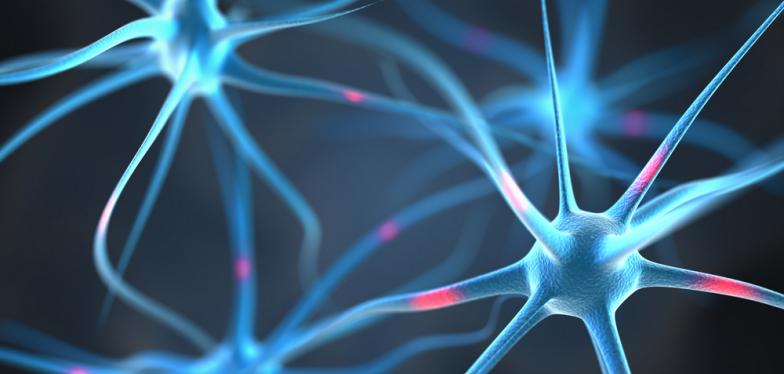Human-to-mouse neuronal transplant is successful
ULB and KU Leuven have delivered a Belgian world first: the implantation into a mouse brain of human neurons grown from embryonic stem cells.

The research can safely be called groundbreaking. Indeed, this is the first time it has been possible for months at a time to study human neurons in a living brain, albeit that of a mouse, and neural networks in action. As it turned out, the injected neurons integrated themselves neatly into the mouse's neural network, developing identically and at the same pace as in a human brain - strangely enough, separately from their environment. This would seem to point to the existence of a kind of internal clock. Moreover, the newcomers retained their ‘young’ properties, even in adult mice. This means dead neurons can be replaced by new ones, although these do need to develop for months at a time.
This technique could potentially serve to advance the treatment of strokes and neuro-degenerative diseases such as Alzheimer's or Parkinson's. But the brain is not like a car, where you can just fit a spare part to get everything working the way it was again. Nonetheless, this leaves scientists feeling hopeful about the future.